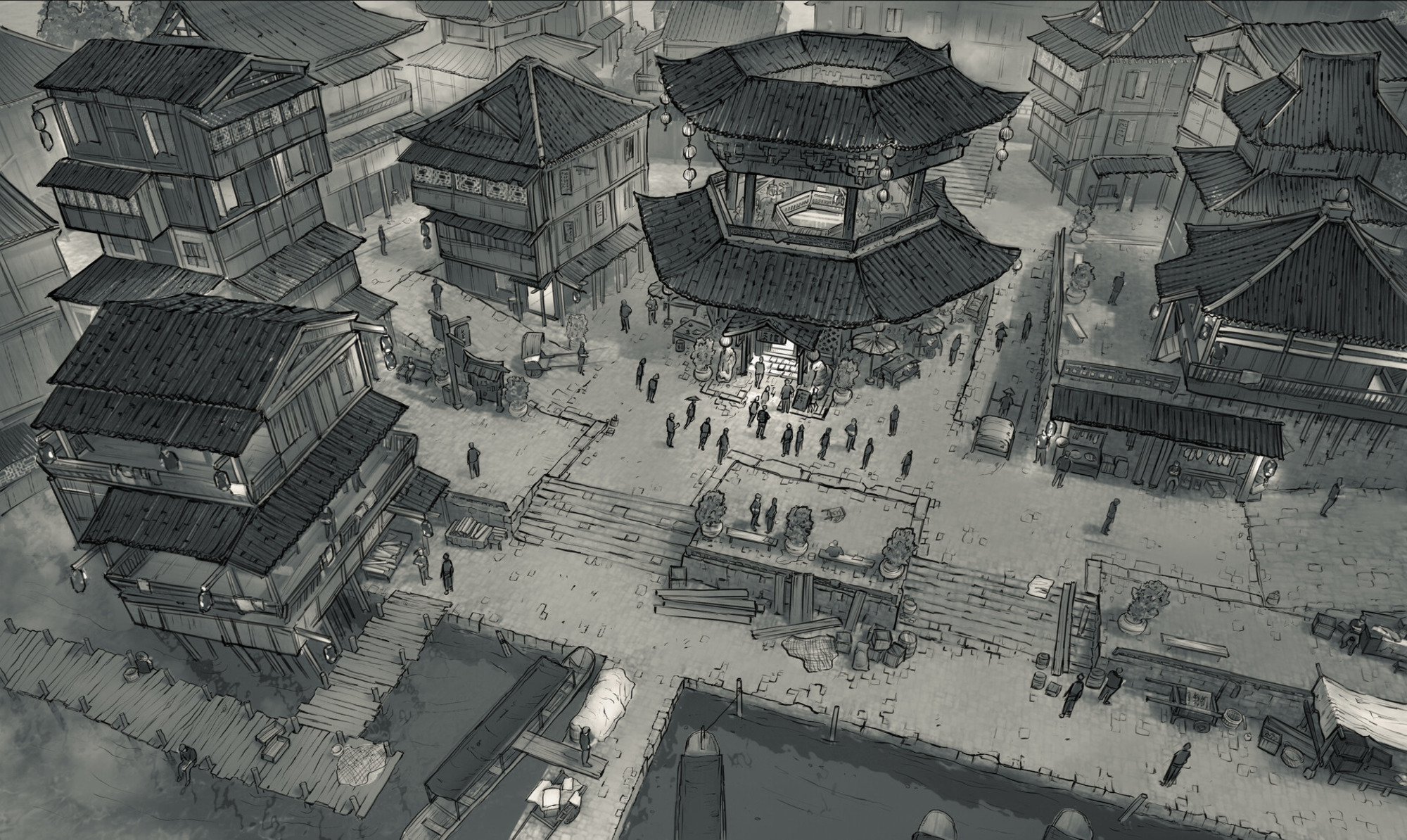Is your last name spelled Lee, Lei, or Lie? If so, there’s a good chance that the original Chinese surname of your ancestors is 李, pronounced Li in Mandarin. Long regarded as the most noble Chinese surname, Li is the second most common surname in China after Wang. If you’re a Li, you share the same last name as nearly 100 million people, close to a third of the U.S. population!
In recent years, the most popular first name for Li boys has been Wei 伟, meaning “awesome” or “powerful.” There are over a quarter million Li Weis in China to date, and almost as many girls named Li Xiuying 秀英, meaning “elegant” and “brave.” Within China, the surname Li occurs most frequently in the southwest and northeast regions, with the highest concentration in Henan province.
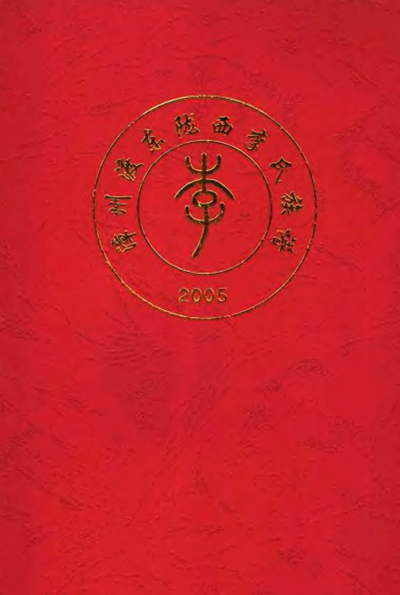
Looking for your Li family history book?
What are the origins of Li?
The surname Li has evolved over time from the ancient Ying 赢, to the honorary Li 理, to today’s Li 李.
According to tradition, Li is derived from the royal house of Ying, which descended from the emperor Zhuanxu, grandson of the mythical Yellow Emperor. After General Gaoyao, a descendant of Zhuanxu, was appointed to serve as Minister of Justice, or Dali 大理, his descendants adopted 理 as their surname, meaning “reason.”
There are many tales about how 理 (“reason”) became 李 (“plum”). The most common story begins with the execution of Li Zheng, a minister who opposed the Shang dynasty King Zhou, a cruel ruler known for squandering the kingdom’s wealth on a lake of wine and “meat forest” strung with human flesh. Li Zheng’s wife Qiheshi and son Li Lizhen escaped to the west of Henan, where they survived by eating plums. In gratitude, Li Lizhen changed his surname to 李, a character meaning “plum” with the same pronunciation as 理.
Another story traces the Li surname origins to the founder of Taoism, Li Er 李耳, better known as Lao Tzu or Laozi. Whatever its roots may be, the number of people named Li skyrocketed during the Tang Dynasty (618-907 AD). Not only did all twenty emperors share the surname Li, the rulers would bestow the imperial surname upon generals, officials, and their clans as a sign of favor.
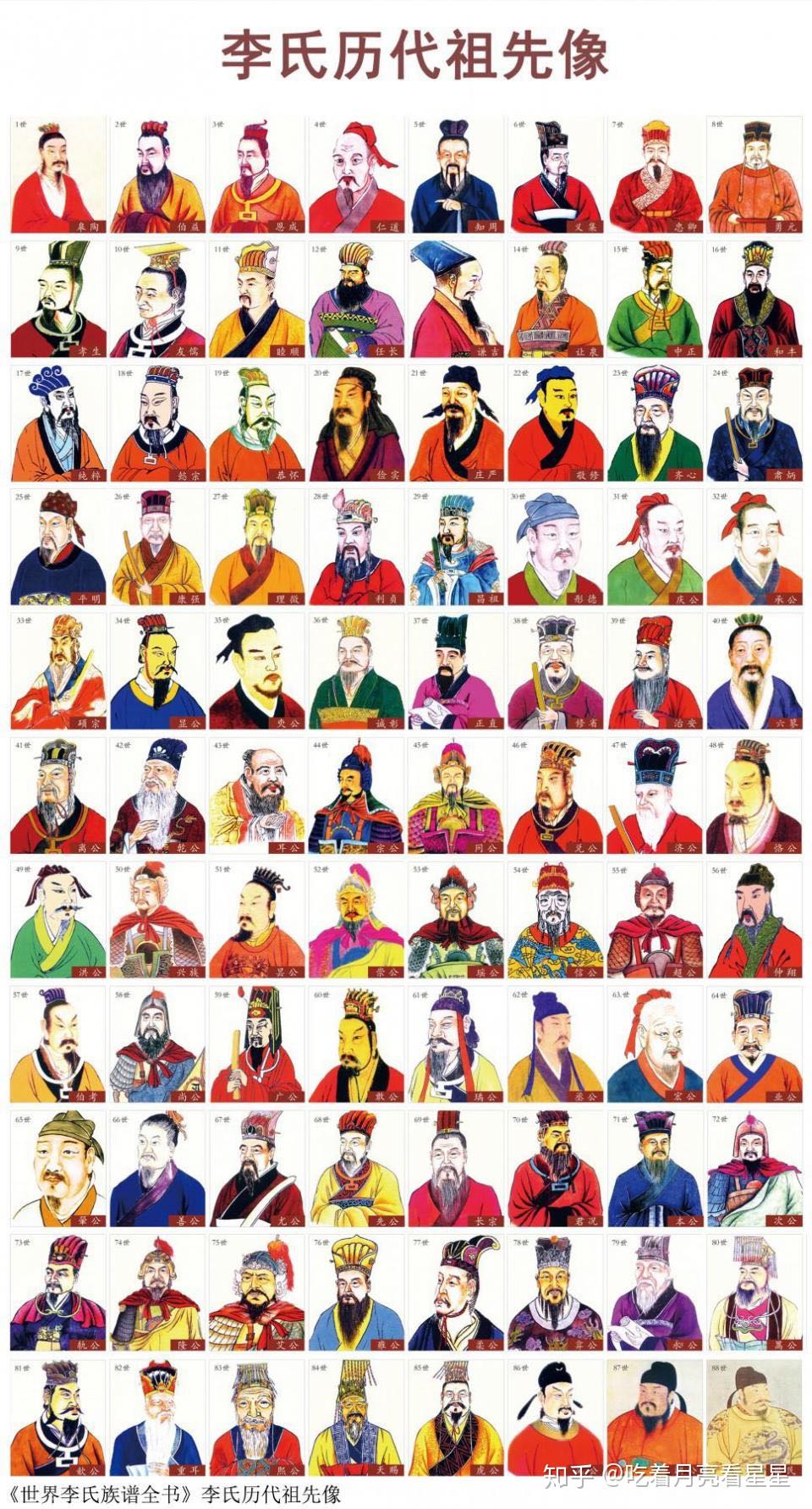
Did you know?
Li is one of seven Chinese surnames adopted by the Kaifeng Jews, a small Jewish community in Henan province that possibly dates back to the arrival of Jewish merchants in the 9th century. Many Lis served as rabbis, since they originally came from the Levy (Levi) family. According to Old Testament tradition, the Levi family had the priestly duty to oversee sacrificial offerings.
Image: The NY Jewish Week
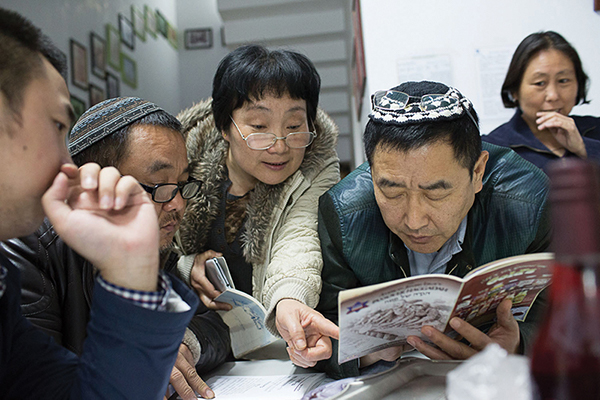
Li

| Meaning | Plum |
| Symbols | 來/木 (“wheat” or “tree”) + 子 |
| Legendary Ancestor | Yellow Emperor, Lao Tzu |
| Founding Ancestor | Li Lizhen 理利贞 |
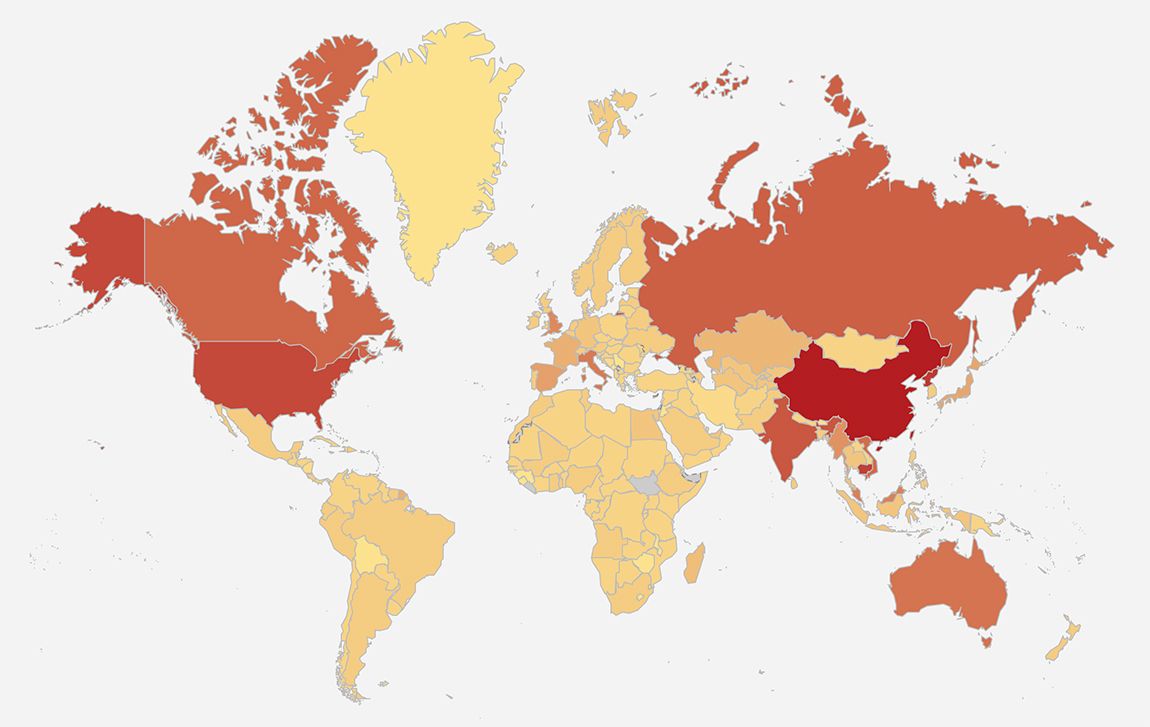
Spelling Variations
By Dialect
| Cantonese | Lee, Lei, Li |
| Hainanese | Lee |
| Hakka | Li |
| Hokkien | Dee, Dy, Lie |
| Mandarin | Li |
| Teochew | Lee |
By Country
| Australia | Goon Ick |
| Indonesia | Lee, Li, Lie, Liedarto, Lienata, Lievai, Lijanto, Liman |
| Jamaica | Lee, Li |
| Korea | Lee, Rhee, Yi |
| Malaysia Singapore | Lee, Li |
| USA (Hawaii) | Akaka, Kealoha, Leihulu |
| Vietnam | Lý |
Who are famous Lis in modern history?
From politicians and poets, to philosophers and kung-fu masters: there’s nothing that Lis can’t do. The most famous branch, the Longxi Li clan, has produced 67 emperors, 91 prime ministers, 86 generals, and 16 revolutionary leaders!
Some of the most prominent Lis in modern history include:
- Lao Tzu, ancient philosopher
- Bruce Lee and Jet Li, martial arts trailblazers
- Ang Lee, acclaimed film director
- Li Na, tennis player
- Yi Seong-gye, founder of the Korean Joseon dynasty
- Lee Kwan Yew, founding father of Singapore
- Lee Teng-hui, first Taiwan-born president of the Republic of China
- Li Ka-shing, Hong Kong billionaire businessman
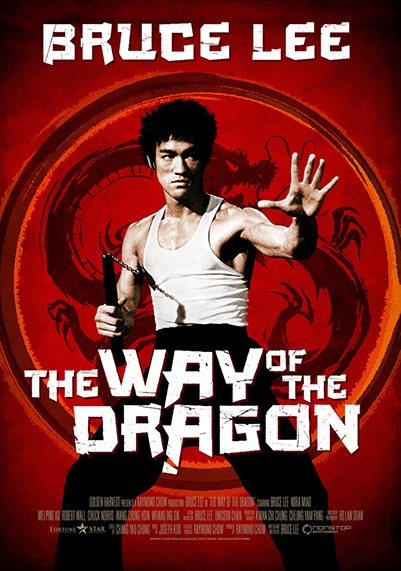
How do Li families stay connected today?
Lis organize some of the world’s biggest family reunions. Think dinner parties, ancestor tributes, historical tours, and lively reports from clan association members around the world.
Here are the top must-attend events to reunite with your global Li family:
- World Li Clan Conference: Founded in 1971 by the World Li Headquarters, the World Li Clan Conference saw over 1700 people return for the 2019 reunion in Putian, Fujian, China.
- Li Overseas Kinship Conference: Founded in 1982 by the Lee On Dong Association in San Francisco, this reunion happens every three years in cities across the U.S.
- Lee Family Association National Convention: Founded in 1927 by the Lee On Dong Association in San Francisco, this conference serves as an opportunity for members of Lee clan associations to connect and share updates.
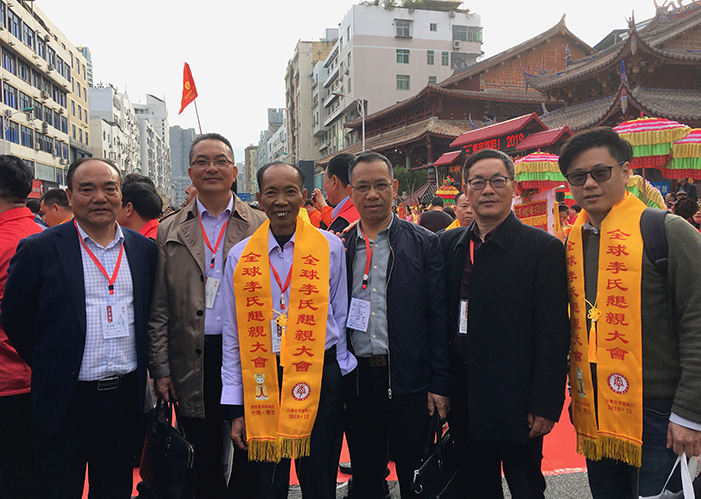
Are you a Li? Who were your ancestors?
You can find the stories of your ancestors in a Li zupu, or family history book. Known as the Holy Grail of Chinese genealogy, a zupu records the names of your ancestors, their values, migration journeys, and more.
What do you know about your family history? Tell us in the comments!
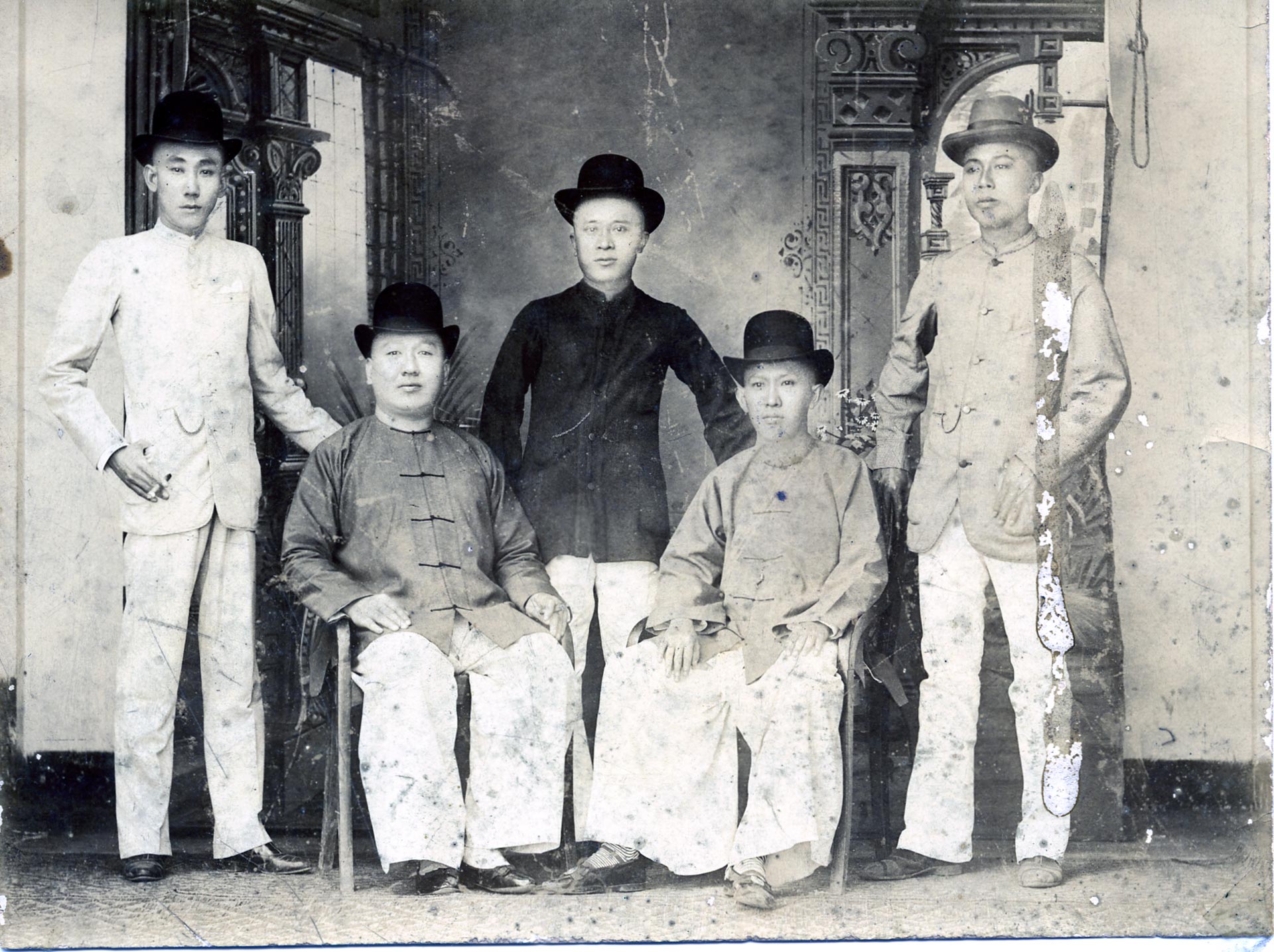
Discover the names and stories of your Chinese ancestors!
If you are interested in uncovering your family history, we would love to be of assistance. Our global team of researchers has helped hundreds of families discover their Chinese roots. Learn more about our services or go ahead and get in touch!
With the global pandemic, My China Roots is offering virtual tours packaged with our research trips to your ancestral village. Check out a demo here!



